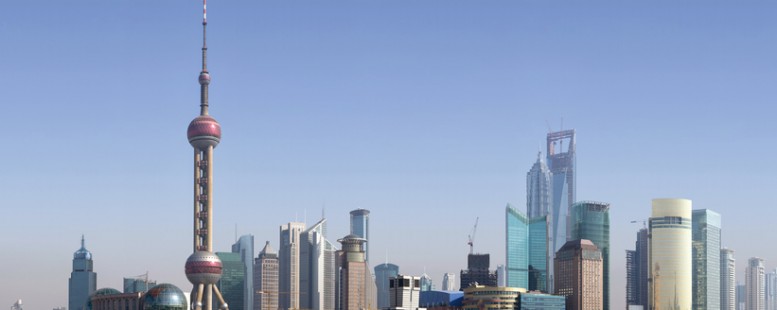Our Opinion: 2021
Chinese markets fall

Investors in China have had a reality check. The benchmark CSI 300 index soared by 27% in 2020 thanks to the Covid-19- induced stimulus, but the rally peaked in February this year and the index has since tumbled by more than 14%. It has lost 4.5% since 1st January.
The main cause is tighter money. The People’s Bank of China, the central bank, turned on the monetary taps last year in response to the virus. With the recovery looking secure, it started to remove some of that liquidity from the financial system at the start
Previous economic bubbles still haunt Chinese policy makers: previous post-crisis stimulus efforts have saddled the financial system with a worrying debt burden. The regulators’ priority is curbing property speculation, but tighter credit brings collateral damage to stocks.
Chinese markets have also been affected by the ongoing global “rotation” away from highly-priced growth stocks (particularly technology companies) towards more cyclical sectors. Shares in tech giants such as Alibaba, Baidu and JD.com have been hammered after US regulators pressed forward with changes that could ultimately see the firms removed from US stock exchanges. Many Chinese tech firms have dual listings in America in order to access a wider pool of investor capital.
Big Chinese tech firms are also under pressure in their home market from tighter regulation. Beijing appears to have concluded that the sector needs to be cut down to size to ensure social stability. Companies like Tencent and Alibaba now face clear limits on how much further they can expand.
The market pullback hasn’t undermined an ongoing boom in initial public offerings (IPOs). The value of flotations in Hong Kong has hit $16.4bn so far this year, compared with just $1.8bn in the first three months of 2020. Yet Chinese stocks are not the value play they once were. The CSI 300’s price/earnings ratio has risen from 12 to 19 over the past year.
Tighter money in China underlines a growing split between rich economies,
where central banks plan to keep credit easy, and emerging markets, where central bankers are growing hawkish; Russia and Brazil both recently raised interest rates. China was ‘first in, first out’ of the pandemic. Now, this stock-market rout could provide another leading indicator for the rest of the world: When central banks and governments start exiting pandemic-era stimulus, the results for investors may not be pretty.
9th April 2021
